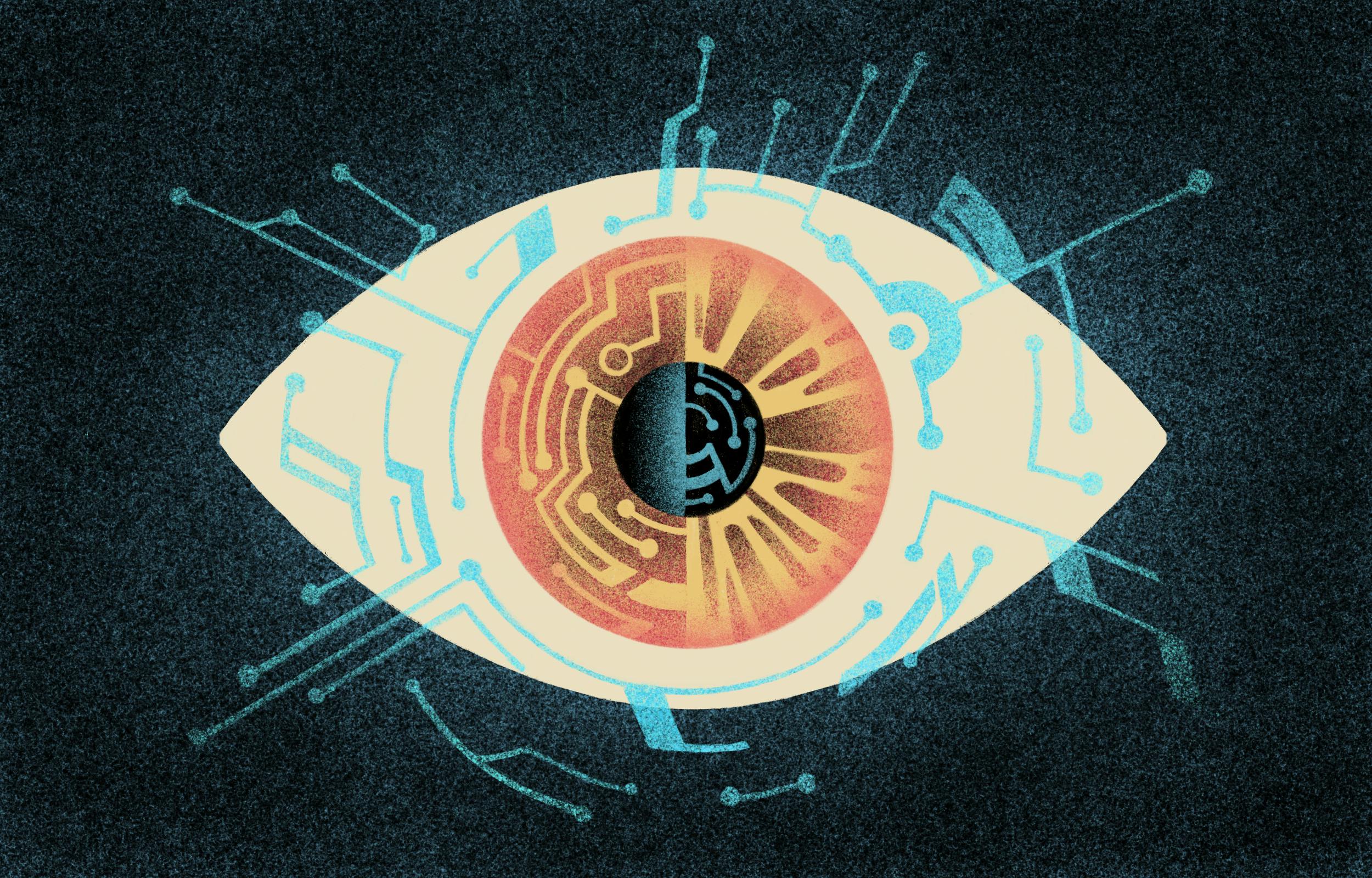This Neuralink rival might restore blind people’s vision
After leaving his post as President of Neuralink, Max Hodak founded brain-computer interface (BCI) company Science Corporation in 2021. He then saw a video that led him to acquire Paris-based Pixium Vision earlier this year.
What was in that video? A blind person reading—with the help of Pixium’s retinal implant, the Prima.

The latest on the Prima: Now, Science Corporation has released preliminary data from their late-stage, multi-center trial of the implant. The results are promising.
- Participants were diagnosed with severe vision loss, comprising of holes or blurry spots in their central visual field.
- While using the implant, these participants could read text and recognize playing cards, representing at least partially improved eyesight.
How it works: The implant is a square chip surgically implanted under the retina in an 80-minute procedure. It works with the help of a pair of special glasses and a pocket computer.
- The camera on the glasses sends information to the computer, which then triggers a projector on the glasses to beam infrared light to the chip.
- The implant then stimulates the retina to send electrical signals to the brain, mimicking the standard visual processing of healthy eyes.
- Hodak has called this process “tricking the eye into seeing infrared.”
Urgency and hurdles for retinal implants: More and more people are facing severe vision loss. But that doesn’t mean bringing these products to market will be a no-brainer.
- An important population trend drives the need for such products, which was part of Hodak’s calculus in acquiring Pixium. Age-related macular degeneration is increasing as the population ages. It’s the most common cause of severe eyesight loss in people aged 50+.
- The device is still in early stages of development, but Science is already pursuing regulatory approval in Europe and expanding a feasibility trial in the U.S.
- As the Prima becomes available to more patients, it faces retinal implants’ spotty reputation—. For that we now-defunct retinal implant company Second Sight to blame. After shuttering, the company left its patients in the dark (literally) with unfixable, offline retinal implants.
- As we discussed last month, stories like these rightfully make patients wary to accept implants from young companies—even with the promise of seeing again.
- It’s too early to tell if this history may impede how much patients and providers will accept the Prima. We hope for patients’ sake that Science will do right by its patients as it continues innovating.